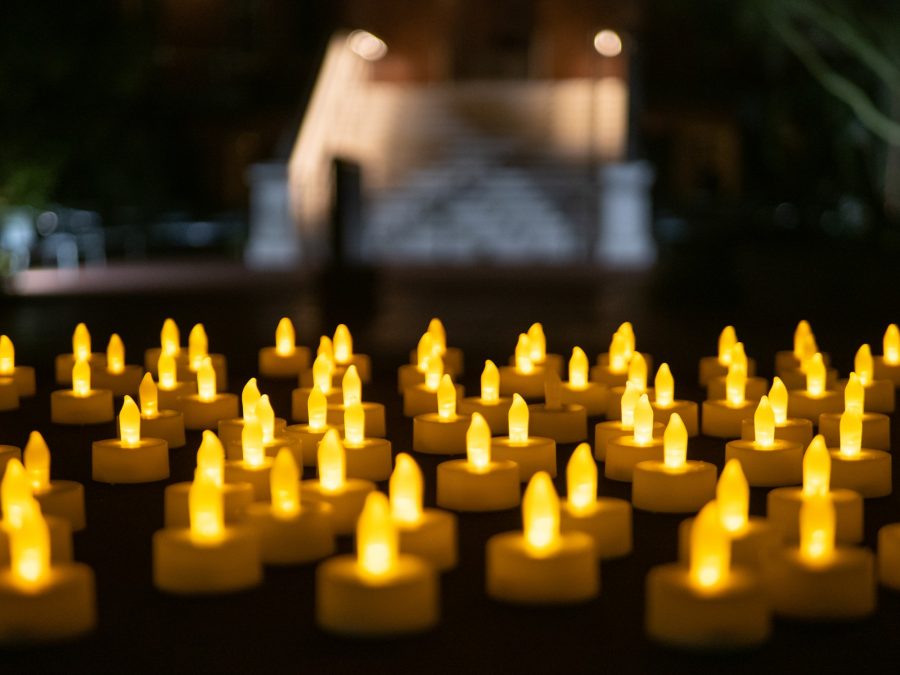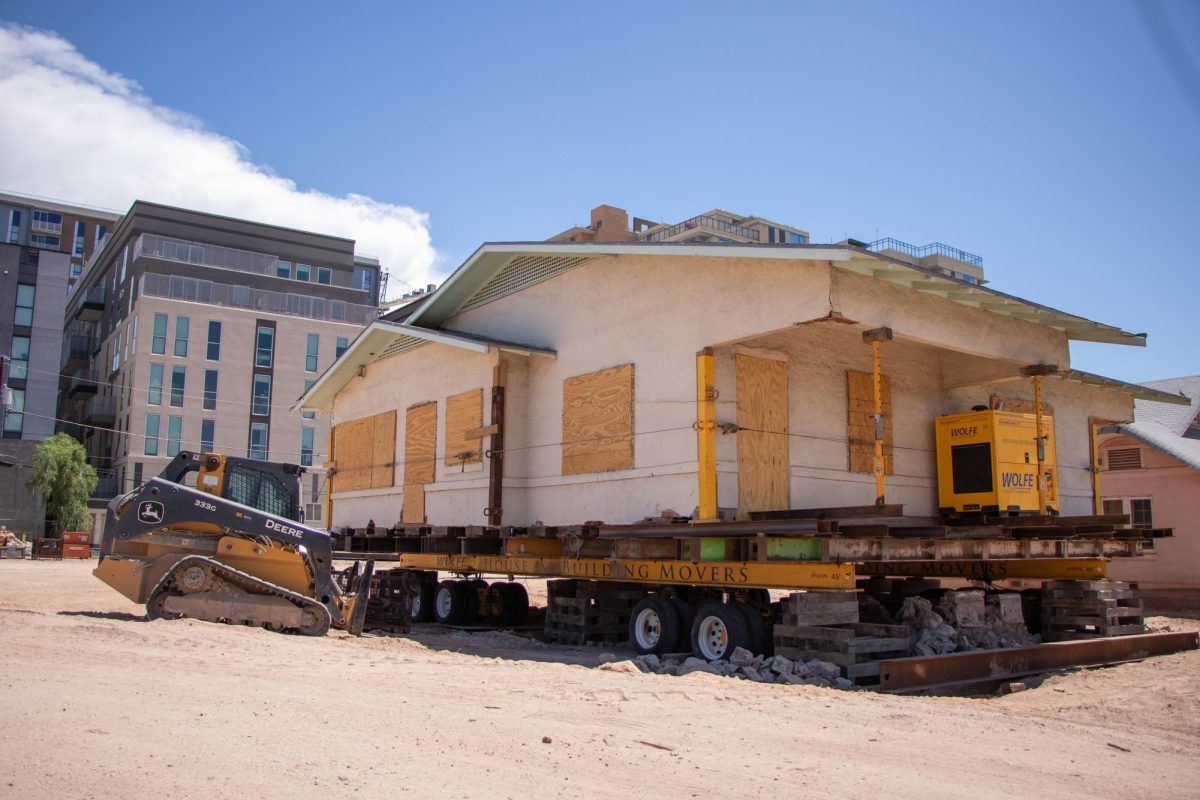On Wednesday, Oct. 5, the University of Arizona Police Department received a call around 2 p.m. asking for a 46-year-old former graduate student to be removed from the John W. Harshbarger building on campus. By the time police were on their way to the building, professor Thomas Meixner had already been shot. The suspect had fled the scene before the arrival of police and was apprehended about three hours later just north of Mexico.
This was not the first time faculty voiced concern about the shooter, Murad Dervish.
According to a complaint filed with the Pima County Justice Court, the 46-year-old had been expelled last semester as a former graduate student as various emails were sent reporting his prior harassment and threats to staff members back in February. Following this, an exclusionary order was filed out against him, warning UA of his concerning behavior. This wasn’t the first warning sign, though, as Dervish had a history of criminal violence. He was charged with domestic violence in San Diego in 2011, as well as a stalking and harassment case that same year by a female student where he was teaching. At this time, possible links and motives from Meixner to Dervish are unclear.
Here’s what we do know. It is not normal to receive a message from your campus alert system that there has been a shooting in one of our own buildings. It is especially not normal to feel as if these alerts are a part of our regular routine here on campus — as so many of us do. To label these frightening and concerning events as “abnormal” is an understatement. As gun violence in the state of Arizona grows, we can no longer afford to shrug it off as a “tragedy” or “unfortunate” or everything else in between. We can no longer afford to accept this as our new normal. This is not normal.
Arizona Gov. Doug Ducey released a statement on Twitter on Oct. 5 regarding the shooting.
“Arizona is praying for the family and friends of the professor and those affected by today’s tragedy in Tucson,” he wrote.
The Arizona governor has flip-flopped on his view of gun control measures in the past — specifically regarding red flag gun laws. A red flag law allows for family members or law enforcement to place an order to temporarily prevent someone in crisis from accessing guns. In order to put the law into use, there needs to be a complaint.
“If the U of A had brought or somebody would have brought this to us and said this guy has a history of threats and should not be possessing a firearm, and went so far as to get orders of protection against this guy, we would have run with that case,” Tucson city council member Steve Kozachik told Kold News 13.
It’s hard to read statements like these without feeling an incredible sense of frustration. What could have been done, what should have been done. Now, it is up to UA to examine why these reports were not received with as much urgency as they should have been. It is up to everyone to not be passive when acts of such violence occur. We must instead involve and educate ourselves on local gun laws as well as be thoughtful and intentional about who we vote into office.
RELATED: Update: Statement from the family of Thomas Meixner
Meixner’s impact on both the UA and those who knew him is both immense and lasting. The beloved head of hydrologic and atmospheric sciences, Meixner began teaching at UA in 2005. From here, he went on to passionately dedicate both research and time into his field. In a statement made to the Daily Wildcat, Meixner’s family said he described his work as, “making the world better through biogeochemistry.”
As students — as people — we cannot allow prayers to suffice for such senseless, preventable acts of violence. We cannot allow a singular day of canceled classes or a link to a mental health service website to be a substantial stand-in for what we have lost — far more importantly, what the Meixner family has lost. There is a wife missing her husband, sons missing their father. There is a student sitting in their lecture hall this week who cannot focus on the class as their mind races with a million “what ifs.” We are all that student in some sense or another.
The Meixner family statement released a quote that Meixner retweeted recently.
“Hope is not optimism, which expects things to turn out well, but something rooted in the conviction that there is good worth working for.”
It is time for us all to do away with optimism and acceptance. As students, we cannot expect change — we must demand it. In these times of grief, uncertainty and anger we should ask ourselves this, “What are we working for?” Let us find the good.
Follow Olivia Krupp on Twitter

Olivia is a sophomore who has yet to declare her major. She enjoys reading, foreign films and poetry in her free time.









